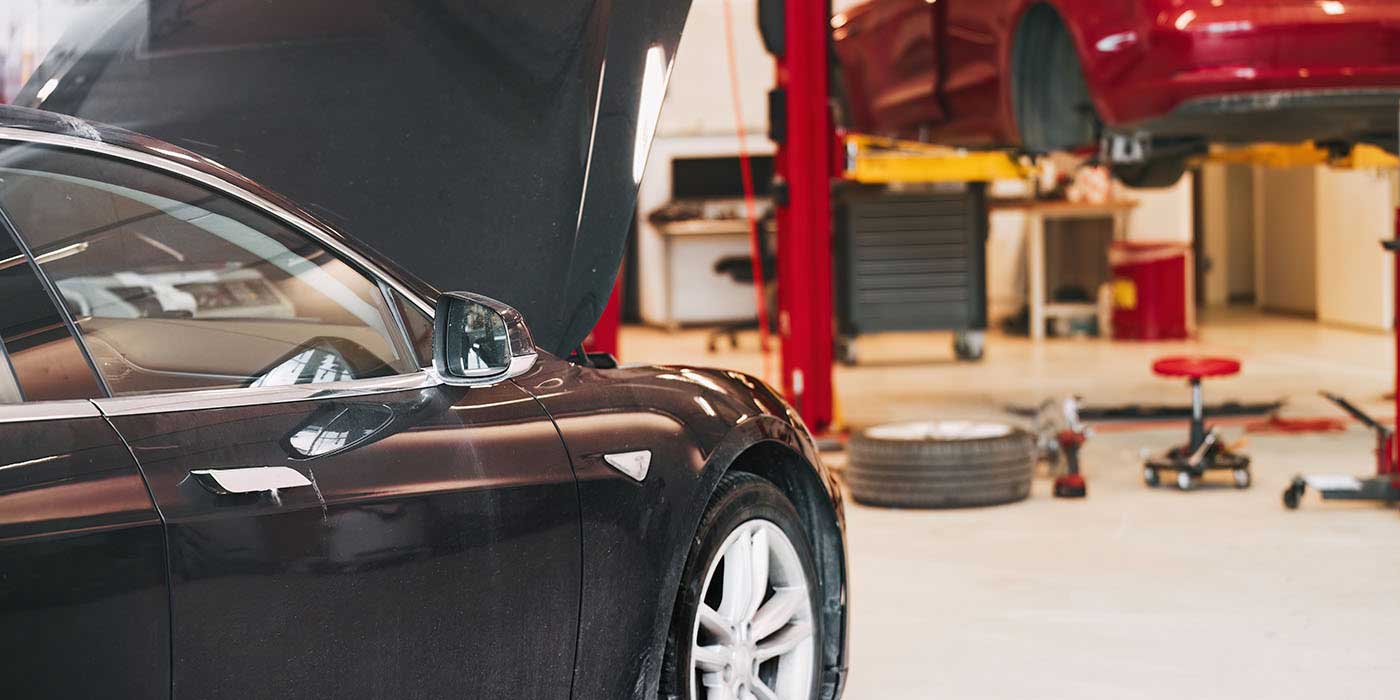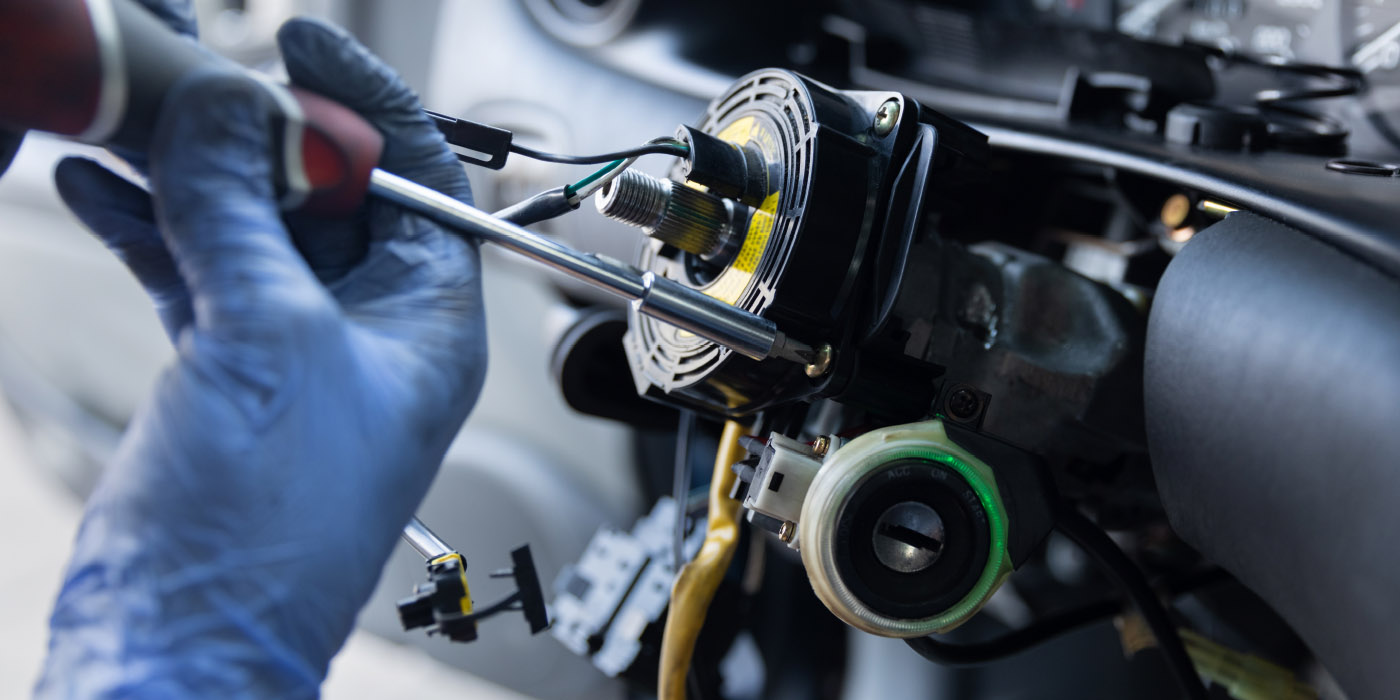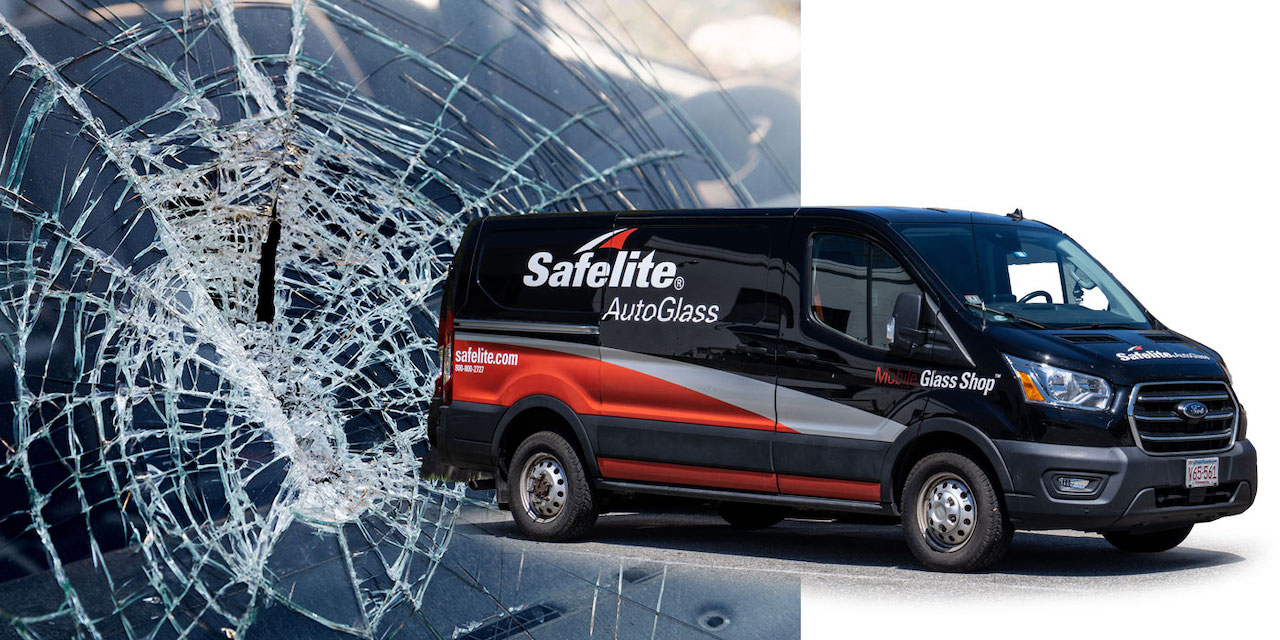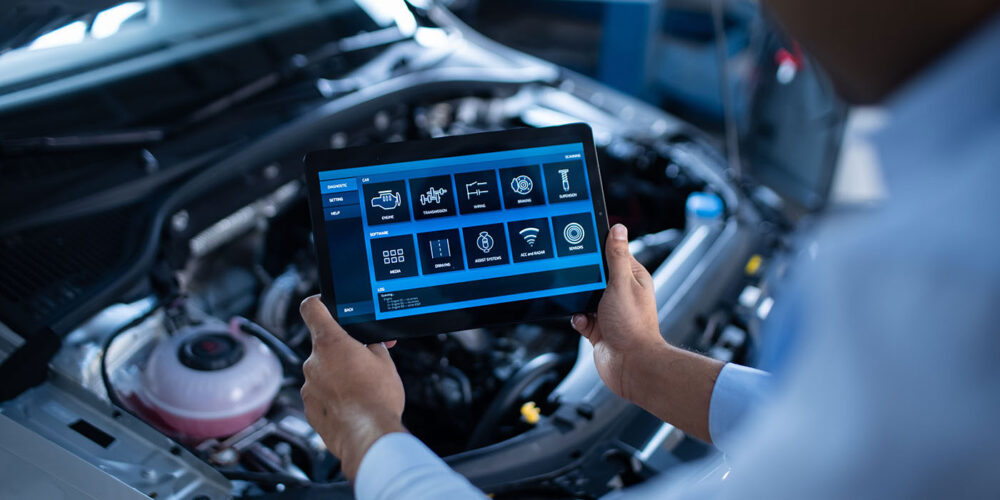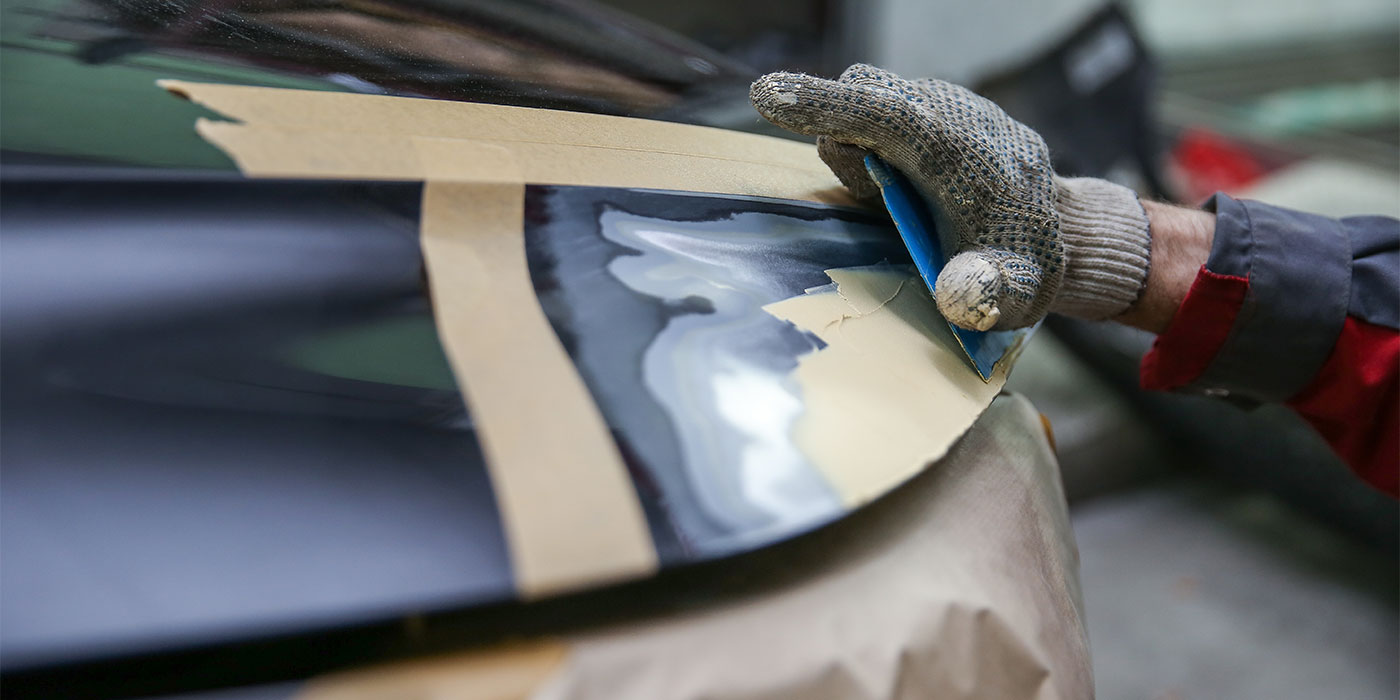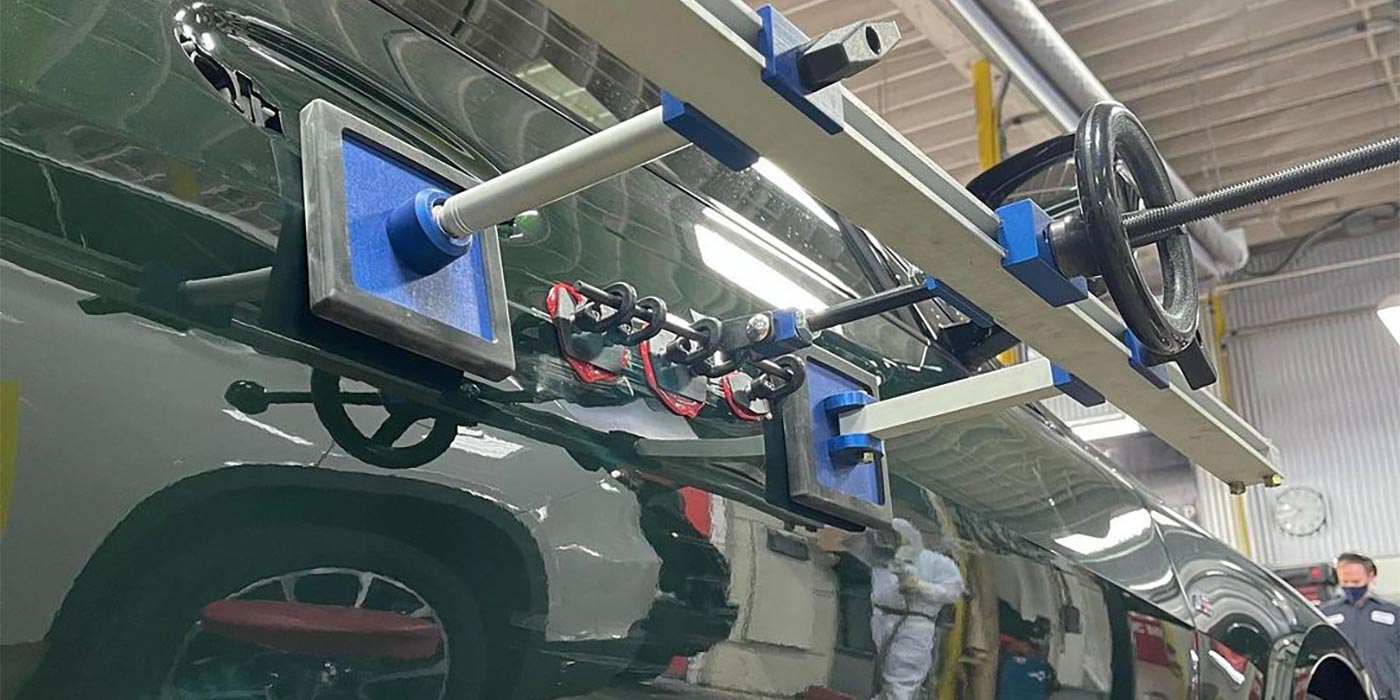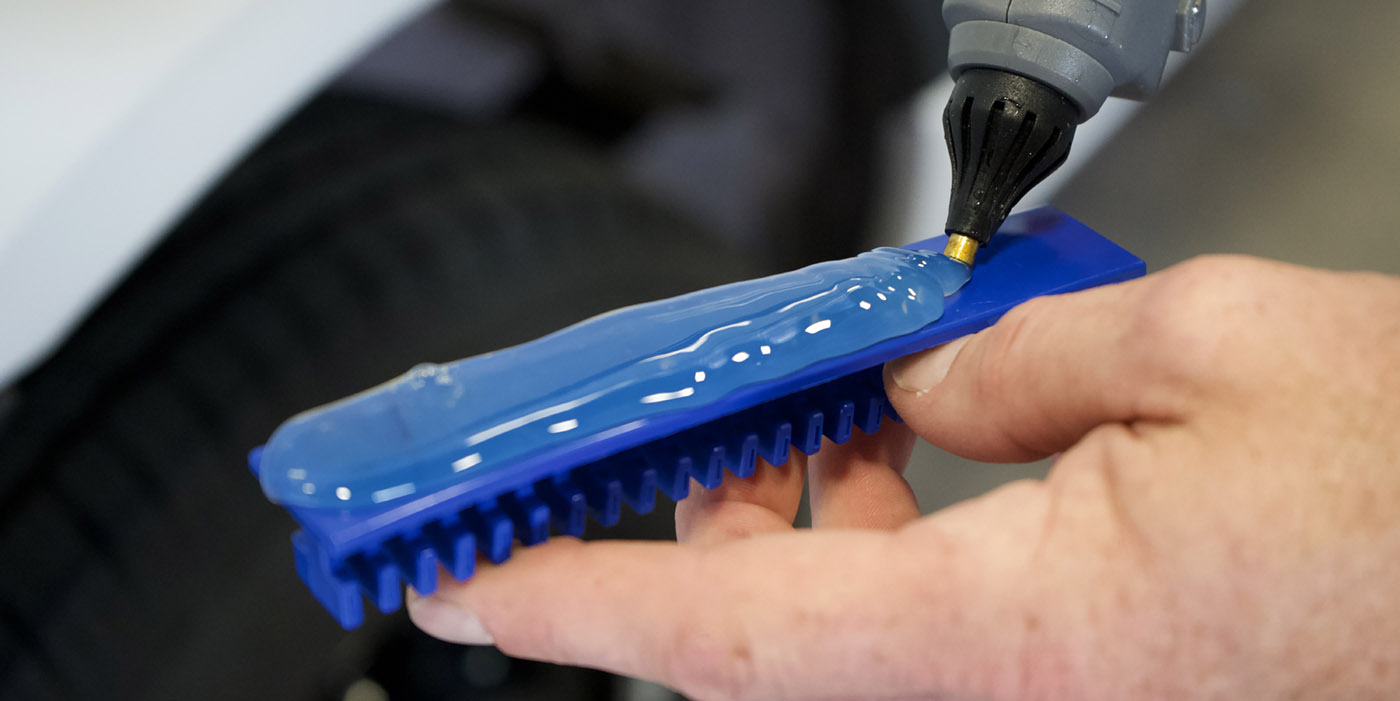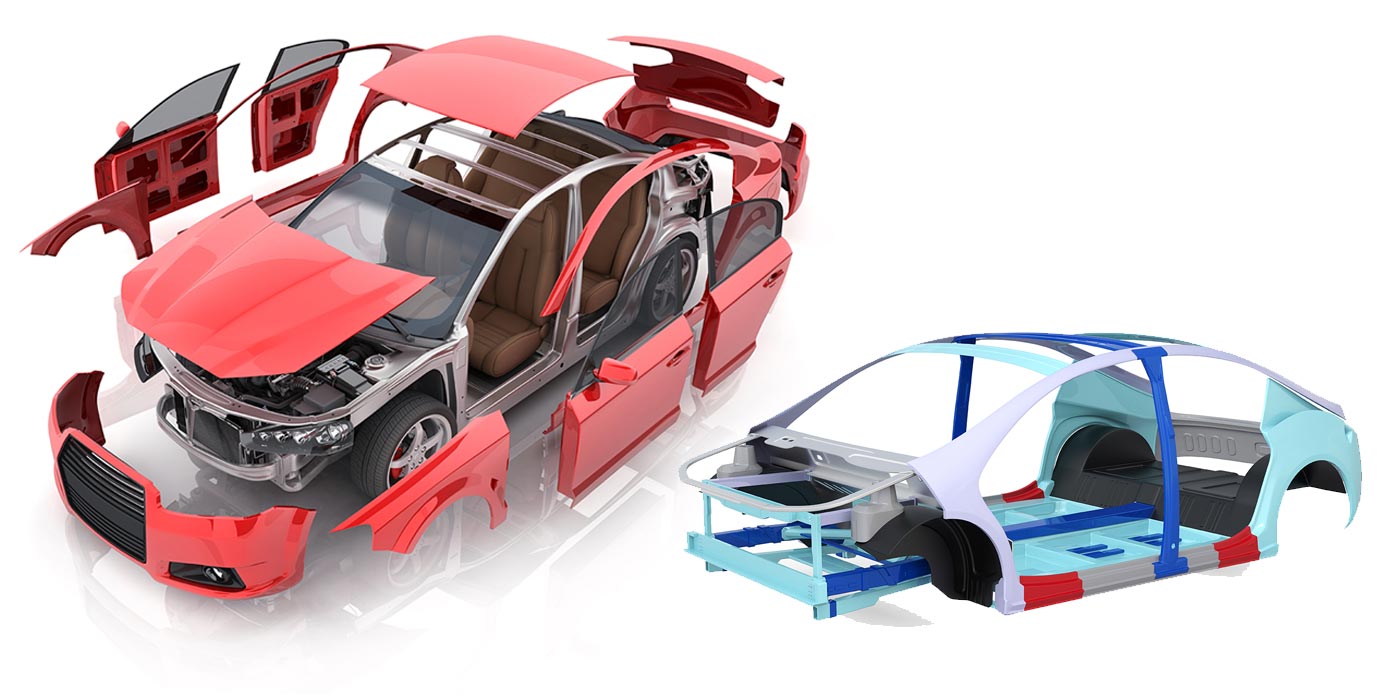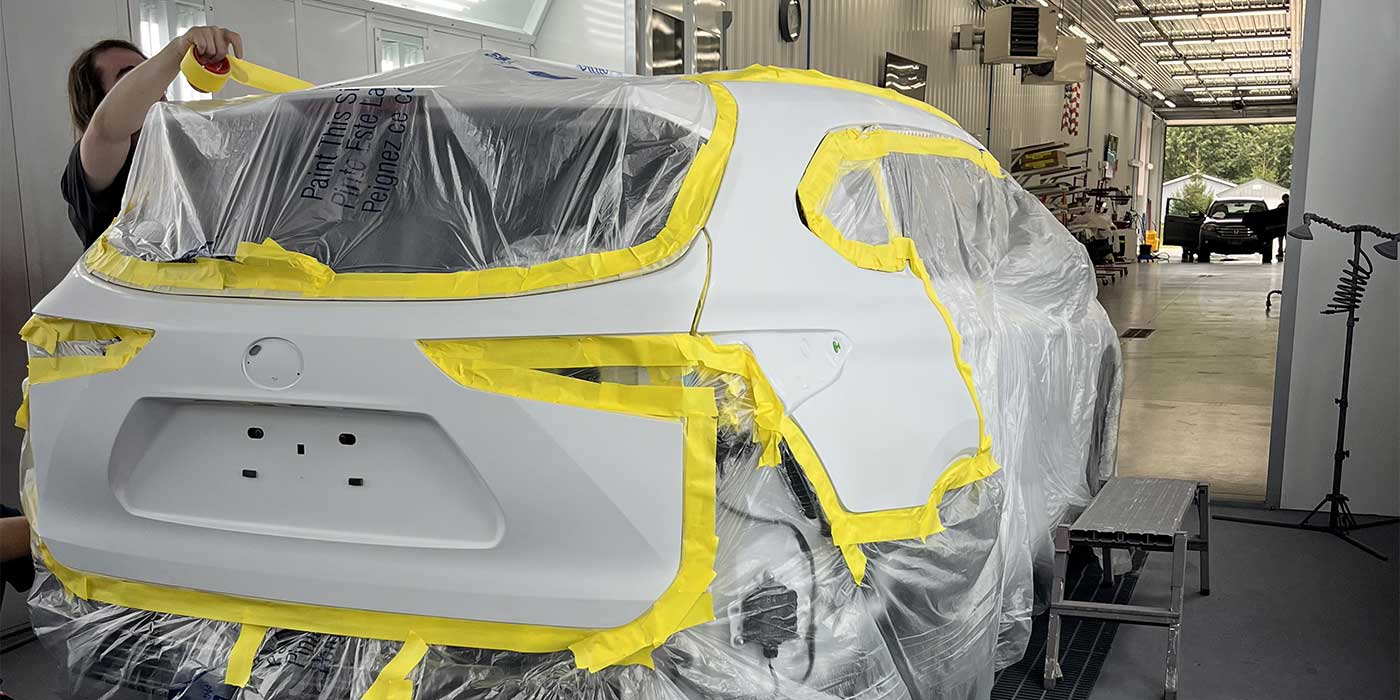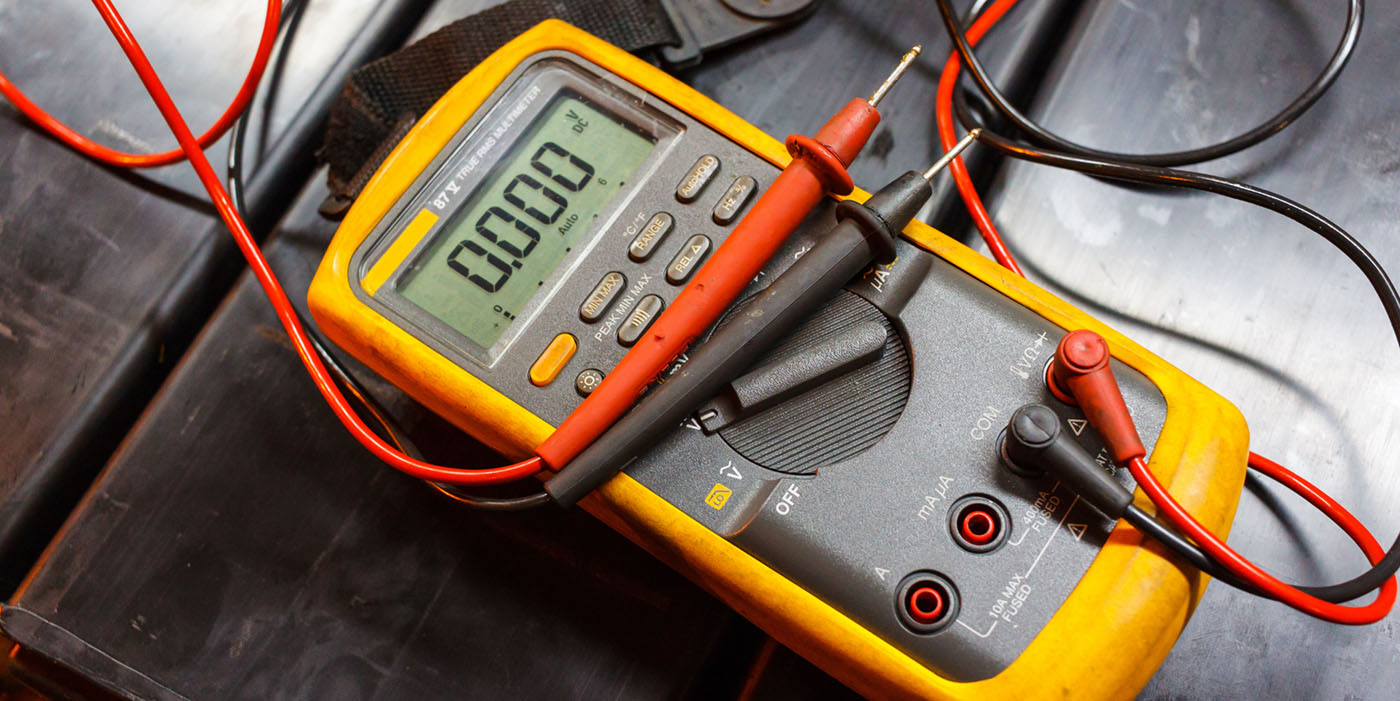I was recently asked a question on Facebook by an equipment seller who wanted to know how body shops are going to be compensated for aluminum repairs to justify the equipment and training costs. He said that’s what all his customers are asking about these days.
My response? Know your cost of business and charge accordingly.
If it were only that easy, right? The fact is that most shops don’t know their cost of doing business and therefore don’t know what they should be charging in order to make an acceptable profit. You know, that dirty word in our business: profit. After all, isn’t that what we got into business for? Sure, we love to fix cars, but the bottom line is profit.
And we know that’s the insurers’ bottom line, too. Which is why they will probably stick to the routine and walk in your shop, talk about some mystery survey and say, “Well, we only pay the prevailing rate in your area.” But they shouldn’t say this. They as well as anybody should know the significant investment shops will have to make to repair aluminum. Ford and I-CAR have been telling them. Heck, the F-150 has grabbed so many headlines that even consumers are aware that it’s a different car.
You know what they might say as well: “Well, Joe down the street isn’t charging any more for aluminum.” Maybe Joe’s scared to lose his business. And he will lose his business if he keeps losing money.
Shop owners will need to hold strong and charge more. The first guy who holds his rate steady, looking at it as an opportunity to gain more business from the shops that raise their rates, will unfortunately set the precedent.
Make no mistake about it, insurers are specialists in profit. And with profit soaring lately, the CEOs won’t take too kindly to a dent in their pocketbook due to paying more for repairs – which is why they’ll try to keep the status quo. But defend your right as a businessperson and get an acceptable ROI.

